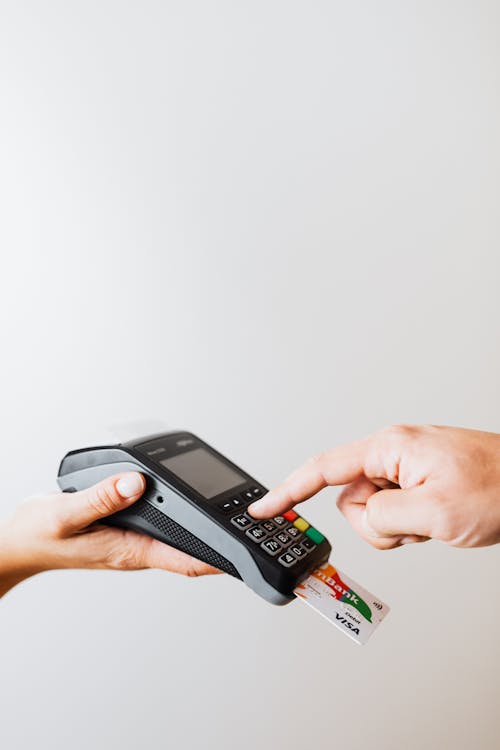Cash has long been the king of commerce, but a growing number of businesses are waving goodbye to paper money and coins. This trend towards becoming “cashless” signifies a major shift in how we pay for goods and services. Let’s delve into what it means for a business to ditch cash and explore the implications for both businesses and consumers.
What Does “Cashless” Mean?
When a business goes cashless, it simply means they no longer accept physical currency as a form of payment. Customers can instead pay using a variety of digital methods like debit cards, credit cards, mobile wallets (e.g., Apple Pay, Google Pay), or contactless payment systems (e.g., tapping your card).
Why Go Cashless?
There are several reasons why businesses might choose to ditch cash:
- Efficiency and Speed: Cashless transactions are typically faster than handling cash. This can lead to shorter lines and quicker service for customers.
- Security: Cash can be lost or stolen, but digital transactions offer greater security through features like PINs and fraud protection texasenergystorage.org/.
- Reduced Costs: Managing cash can be expensive, involving cash registers, security measures, and armored car services. Cashless systems eliminate these costs.
- Data and Insights: Cashless transactions generate valuable data on customer spending habits. This data can be used to improve marketing strategies and tailor offerings to customer preferences.
Is Cashless the Future?
The rise of cashless businesses is undeniable. However, there are still challenges to overcome:
- Not Everyone is on Board: Some people, particularly the elderly or those unbanked, may not have access to digital payment methods.
- Technical Issues: Cashless systems can be vulnerable to technical glitches that could disrupt transactions.
- Privacy Concerns: The use of cashless systems raises concerns about personal data collection and security.
Conclusion
The move towards cashless businesses is a trend with significant implications for both businesses and consumers. While there are advantages in terms of efficiency, security, and data insights, it’s important to ensure equitable access and address privacy concerns for a truly inclusive cashless future.


/cdn.vox-cdn.com/uploads/chorus_image/image/55875927/Screen_Shot_2017_07_25_at_1.24.53_PM.0.png)
